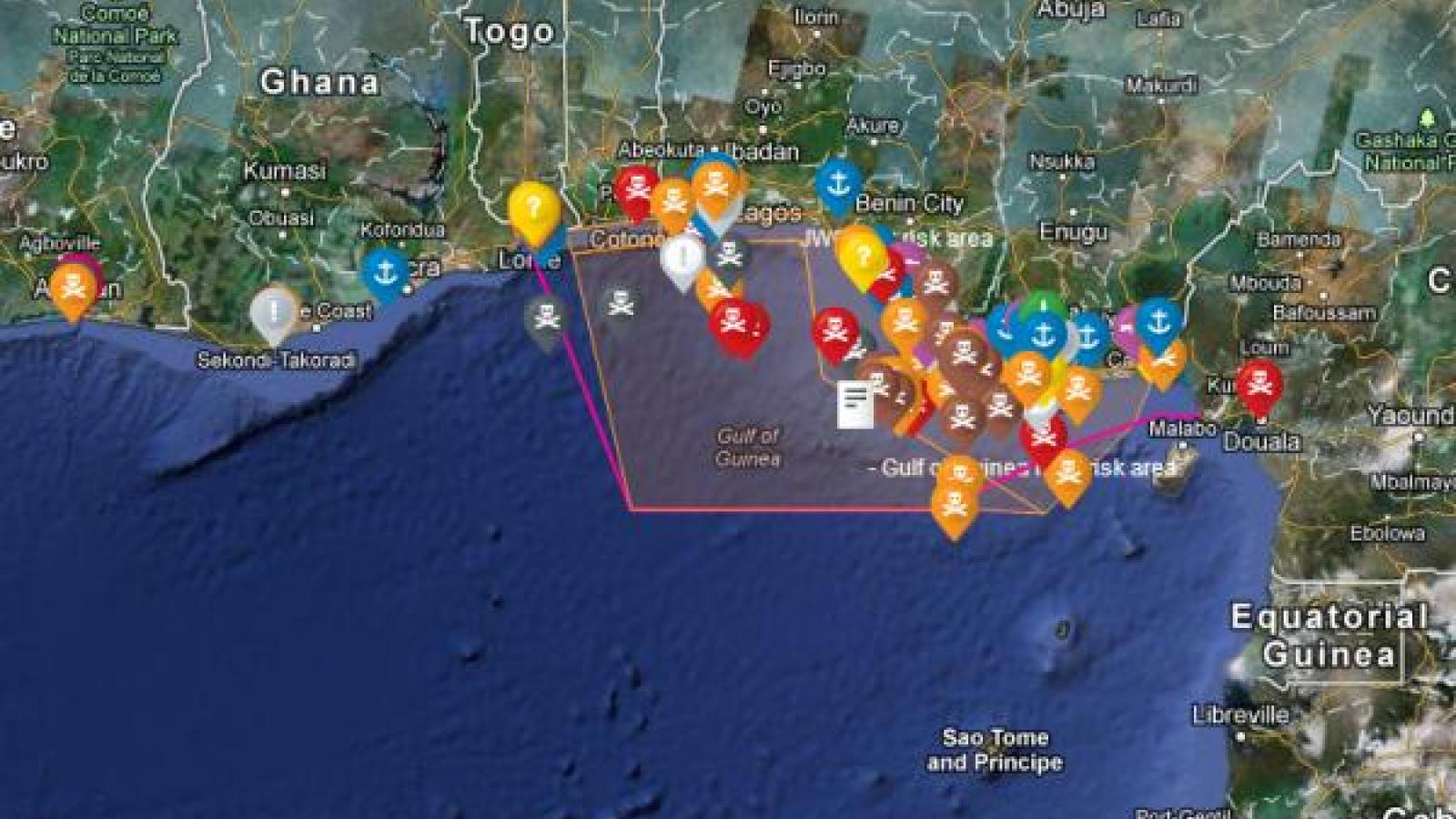
Nigerian criminals most innovative pirates in 2013
Pirate activity in West Africa saw a slight decline in 2012. But Nigerian pirates will increasingly pose the most diverse threat to international shipping in 2013.
“West African piracy is far more complex than piracy in the Indian Ocean. It combines the threats of armed robbery, kidnap-and-ransom and short-duration hijackings. Some Nigerian groups are well-organised, have significant local backing and are very innovative in developing new forms of highly profitable piracy. So despite that we’re not seeing an increase in number of attacks, it’s no surprise that Nigerian piracy is currently keeping many shipping companies awake at night”, says Analyst Thomas Horn Hansen, Risk Intelligence.
Risk Intelligence recorded a total of 89 attacks in the West African region in 2012. This is a slight drop from the 116 incidents reported the year before.
Despite the decline, West Africa is fast becoming a key concern for global shipping. Since late 2010, Nigeria-based pirate groups have targeted product tankers carrying refined products such as diesel in order to steal the cargo and put in for sale on the local black market. Risk Intelligence has recorded 78 attempted attacks on product tankers and 27 short-duration hijackings since December 2010.
“West African pirates tend to use a high level of violence against crew and there are not many countermeasures that can be used by the shipping industry. Shipping companies cannot always rely on local security forces and local laws place constraints on the use of private security companies across the region, making it difficult to tackle the problem”, says Thomas Horn Hansen.
“We have seen some government efforts to crack down on organised piracy in 2012, particularly in Nigeria, but the problem still appears to be spreading in the region. Although piracy in West Africa is still at a lower level than a few years back, it is not clear how either governments or the shipping industry can effectively address the problem in the near future”, says Thomas Horn Hansen.